Science Policy Workshop with Dr. Adriana Bankston
Our 2021 Science Policy Workshop led by Dr. Adriana Bankston was held on Tuesday, April 27th, 2021. In this workshop, Dr. Bankston gave an interactive presentation describing effective communication strategies in science policy, highlighted opportunities for engagement with policymakers, and empowered the graduate student participants to be strong advocates for science.
This event was moderated and introduced by Megan Parsons, the current Advocacy Chair for NE GWiSE, whose time as Advocacy Chair thus far has included the development of several advocacy- and policy-related projects. Megan gave a brief introduction to NE GWiSE, our mission, and the work we’ve accomplished this academic year, and then introduced our speaker Dr. Bankston, Principal Legislative Analyst in the University of California (UC) Office of Federal Governmental Relations. Dr. Bankston began the workshop with a detailed overview of how to communicate with policymakers, focusing on the unique perspective offered by graduate students in STEM as scientific experts and advocates, and noting the differences in communicating with scientific and non-scientific audiences. Dr. Bankston offered practical advice for how to pique the interest of a policymaker who may only have a few minutes to read a pitch, including writing the main idea in the first sentence of the pitch, connecting the pitch to the current political landscape, and using data and evidence that supports the bottom line and sends a clear message.
Dr. Bankston continued her talk, narrowing in on how graduate students can advocate for social causes and noting in particular that engaging in advocacy does not have to be time-intensive, as doing things as straightforward as calling your representatives or tweeting at them can make a difference. Dr. Bankston then outlined more direct actions that can be taken by graduate students to advocate for scientific research, stressing the benefits of simply bringing representatives and policymakers into labs for a firsthand look at what their funding has generated. For more intensive ways to advocate for science, Dr. Bankston suggested visiting a representative’s local or D.C. office, starting a regional advocacy group, or submitting requests for information.
Dr. Bankston subsequently led the participants through a series of exercises to practice thinking like an advocate for government action. The first was a practice scenario focused on thinking about an issue from different points of view to more effectively communicate with those who hold dissenting opinions, using a contemporary lobbying point about whether the pandemic has exacerbated inequities in education. Dr. Bankston directed the participants to think about who the various audiences might be, how to clearly state the position, what facts support the stated position, and how the audience might react. Building on that exercise, the participants then moved on to a discussion on elevator pitches and how to be effective in communicating a position quickly by keeping the statements focused on whom the audience is, the desired action, and why they should want to help.
As the Chief Outreach Officer at the Journal of Science Policy and Governance (JSPG), Dr. Bankston next discussed the various forms of written communication in the journal, such as research-based op-eds, tech assessments, policy memos, and analyses, and noted the specific components such work must contain to be persuasive. These include having a clear motivation for why the document is being written, clearly stating whom the author represents, what prior legislation looks like and the current political context, and how funding should be allocated.
With the background knowledge of how to write and verbally communicate science policy effectively, Dr. Bankston next walked the participants through the next exercise of building an elevator pitch and an executive summary outline, using the same example of whether the pandemic has exacerbated inequities in education. To guide their preparation and strengthen their arguments, participants were asked to be specific when requesting assistance, to provide relevant background information supplementing the motivation, and to provide a proper analysis stating why the recommendation is the best course of action.
Between the many examples and activities provided in this workshop, Dr. Bankston provided in-depth professional insight into what policymakers respond to and what they look for when deciding their positions on scientific questions. She did an excellent job condensing that information into a workshop that served as a true crash course for advocacy as a graduate student.
About the speaker
Dr. Adriana Bankston
Dr. Adriana Bankston is a Principal Legislative Analyst in the University of California (UC) Office of Federal Governmental Relations, where she serves as an advocate for UC with Congress, the Administration, and federal agencies. Prior to this current position, Adriana was a Policy & Advocacy Fellow at The Society for Neuroscience (SfN), where she provided staff support for special and ongoing projects, including SfN’s annual lobby event and the society’s annual meeting. In addition to working at UC, Adriana serves as Co-Director of the Policy Taskforce at Future of Research (FoR), a non-profit organization that empowers early-career scientists. She is the Chief Outreach Officer at the Journal of Science Policy and Governance (JSPG), a non-profit and interdisciplinary peer-reviewed publication serving as a vehicle for early career researchers to publish on science policy topics. Adriana is also a Biomedical Workforce & Policy Research Investigator at the STEM Advocacy Institute (SAi), a think-tank building tools to expand pathways of access between science and society. Adriana obtained her Ph.D. in Biochemistry, Cell and Developmental Biology from Emory University and a Bachelor’s in Biological Sciences from Clemson University.


